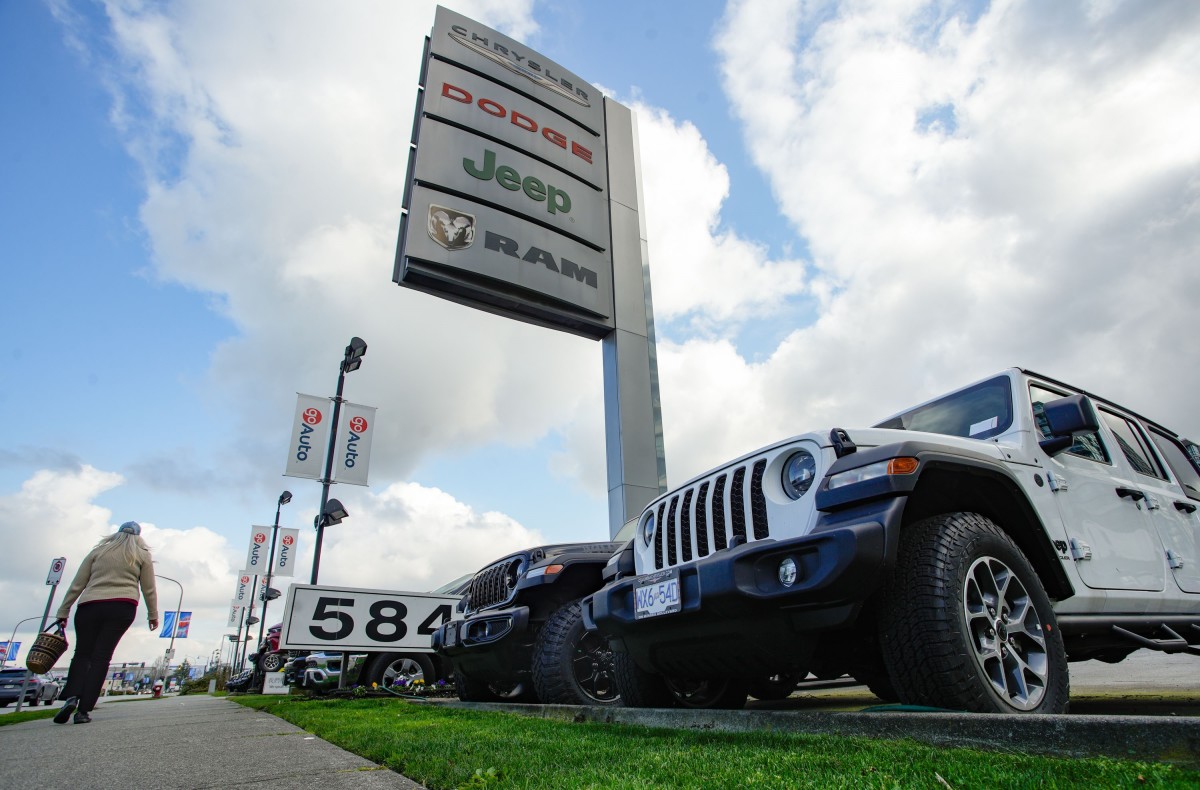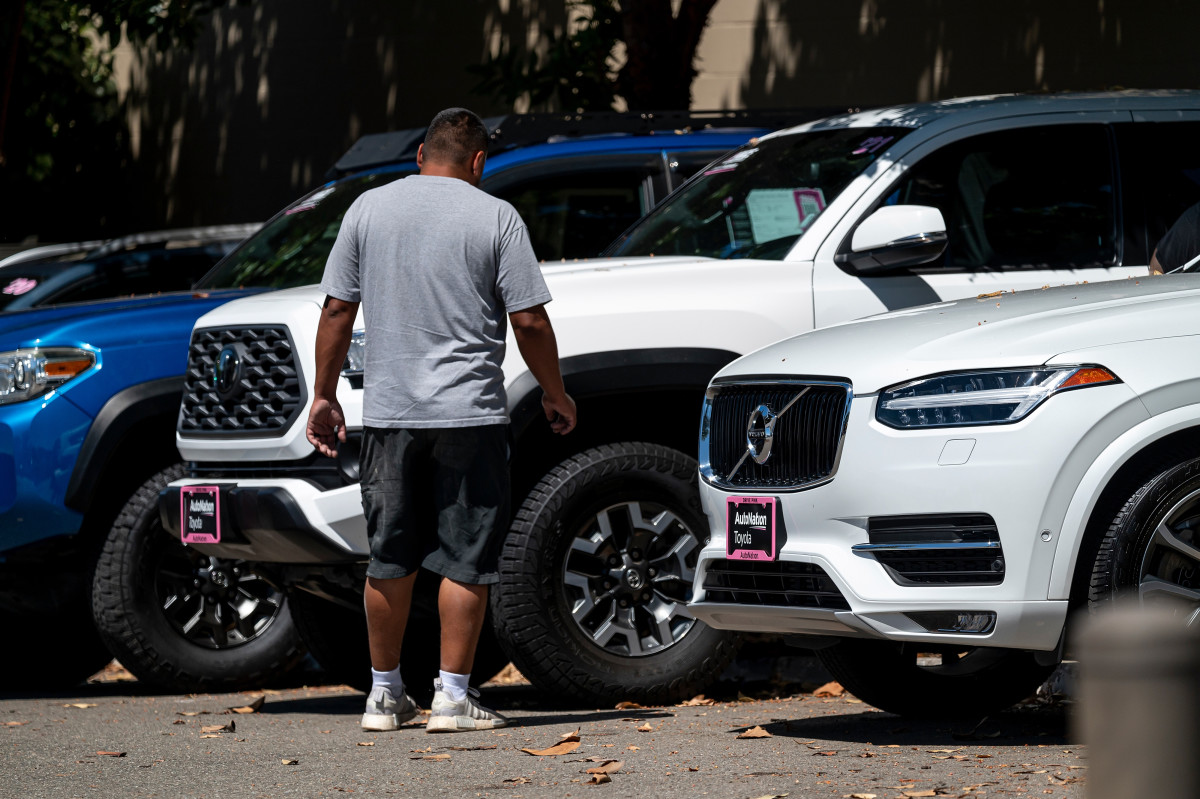March, April bring shifts in approval rates and lending criteria
New reports have shown that March and April represented a mixed bag for drivers applying for car loans. A Cox Automotive index analyzing how difficult it is to receive approval on car loans found that the market moved slightly against borrowers in April after making positive gains in March, according to Kelley Blue Book. The share of subprime loan approvals for borrowers with credit scores of 620 or below fell by 280 basis points (2.8%), representing a significant one-month drop. Loans with terms longer than 72 months also increased. While 96 months is the most common maximum auto loan term length, some lenders cap their terms at 84 months.
The number of borrowers who went underwater on auto financing, or owe more than their vehicle’s worth, increased by 10 basis points (0.10%) in April. However, the overall approval rate for car loans increased by 20 basis points (0.20%), highlighting how lenders view subprime borrowers with credit scores 620 or below as more risky than in recent months.
A high credit score remains key
During the second quarter of 2024, the average monthly car loan interest rate for borrowers with super prime credit (above 780) was 5.25%, whereas drivers financing a vehicle with deep subprime ratings (below 500) faced a steep 15.77% average rate, Experian reports. While the most recent data for 2025 from Experian doesn’t list average loan interest rates in detail by specific credit tiers, in Q4, 2024, the credit agency notes that the average new car loan applicant had a credit score of 755 and received a 6.35% interest rate over 67.98 months, while borrowers for used vehicles had a 691 average score and received an 11.62% interest rate over 67.2 months.

Getty Images
In comparison, May data sourced from myAutoloan.com, which uses slightly different score bands reflecting offers, shows that the average interest rate for new and used vehicle loans is 18.93% and 19.18%, respectively, for those with a rating between 451 and 599, while borrowers with a 750 or higher rating received 11.38% and 11.63% average interest rates, according to the U.S. News & World Report.
Final thoughts
Tariffs and uncertainty regarding future economic prospects are fueling lenders’ views of subprime borrowers with 620 or below credit scores being increasingly risky. Additionally, the amount of borrowers underwater on auto loans rising by .10% in April reflects the ill effects of drivers taking out longer car loans with more interest, escalating the chances of defaults. The Federal Open Market Committee (FOMC) announced the third federal funds rate cut in December 2024, but rates are still high, resulting in drivers paying more for auto loans. FOMC officials didn’t announce another cut this month, signaling that rates will likely remain high for auto loan applicants.

Bloomberg/Getty Images
Drivers can respond by comparing rates with multiple lenders or waiting to see if rates continue falling over the coming months before applying. Last week, Bill Huizenga, a Congressman serving in the U.S. House of Representatives introduced legislation allowing car and truck buyers to write-off auto loan interest on their taxes worth up to $2,500 if the vehicle was assembled domestically. If approved, the legislation would apply to vehicles purchased in the 2025 calendar year or later.